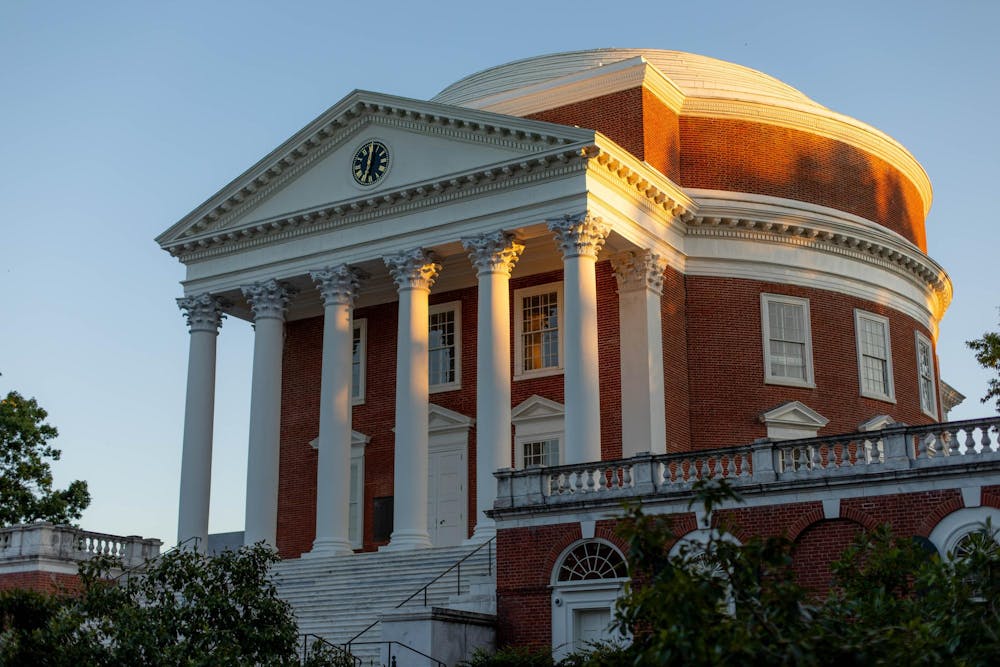A recent Cavalier Daily news article recounted how, during a recent meeting, Board of Visitors member Doug Wetmore discussed the importance of viewpoint diversity in our academic community. I share Mr. Wetmore's commitment to fostering diverse perspectives in academic discourse. However, measuring such diversity presents significant challenges, and we should be cautious about drawing conclusions from incomplete or misleading metrics.
Mr. Wetmore cited political donation data showing that "95 percent were Democrat, 5 percent Republican" among University employees. My analysis of 2023 University employee records matched with Federal Election Commission contribution data for the period 2023-2025 broadly confirms these proportions among those who actually made political contributions to federal candidates and associated PACs. Among University employees with the “professor” designation, about 94.7 percent of those making contributions gave to Democratic interests and 5.3 percent gave to Republican interests.
However, the frequently cited "95-5" statistic applies only to the minority of faculty who make political contributions, obscuring a more fundamental reality — the vast majority of University faculty choose not to make partisan political contributions.
84 percent of professors made no partisan political contributions. Among all University employees, 94.1 percent made no partisan contributions.
Political contributions are likely a weak proxy for the presence of diverse perspectives in the classroom environment. While individual civic engagement takes many forms beyond political contributions, it is distinct from the encouragement of diverse viewpoints in academic settings. The latter is simply very difficult to measure.
Rather than an academic community dominated by partisan politics, this evidence is consistent with a faculty committed to scholarly inquiry. In my experience, faculty colleagues are eager to consider questions from multiple angles, weighing evidence from different sources and examining alternative explanations.
Our role as faculty is not to advocate for particular political positions, but to help students develop the analytical tools and critical thinking skills necessary to gather and evaluate evidence and reach their own informed conclusions as engaged citizens.
Sarah Turner is a University Professor of Economics and Education and Souder Family Chair at the University of Virginia. She can be reached at opinion@cavalierdaily.com.
The opinions expressed in this column are not necessarily those of The Cavalier Daily. Columns represent the views of the authors alone.







